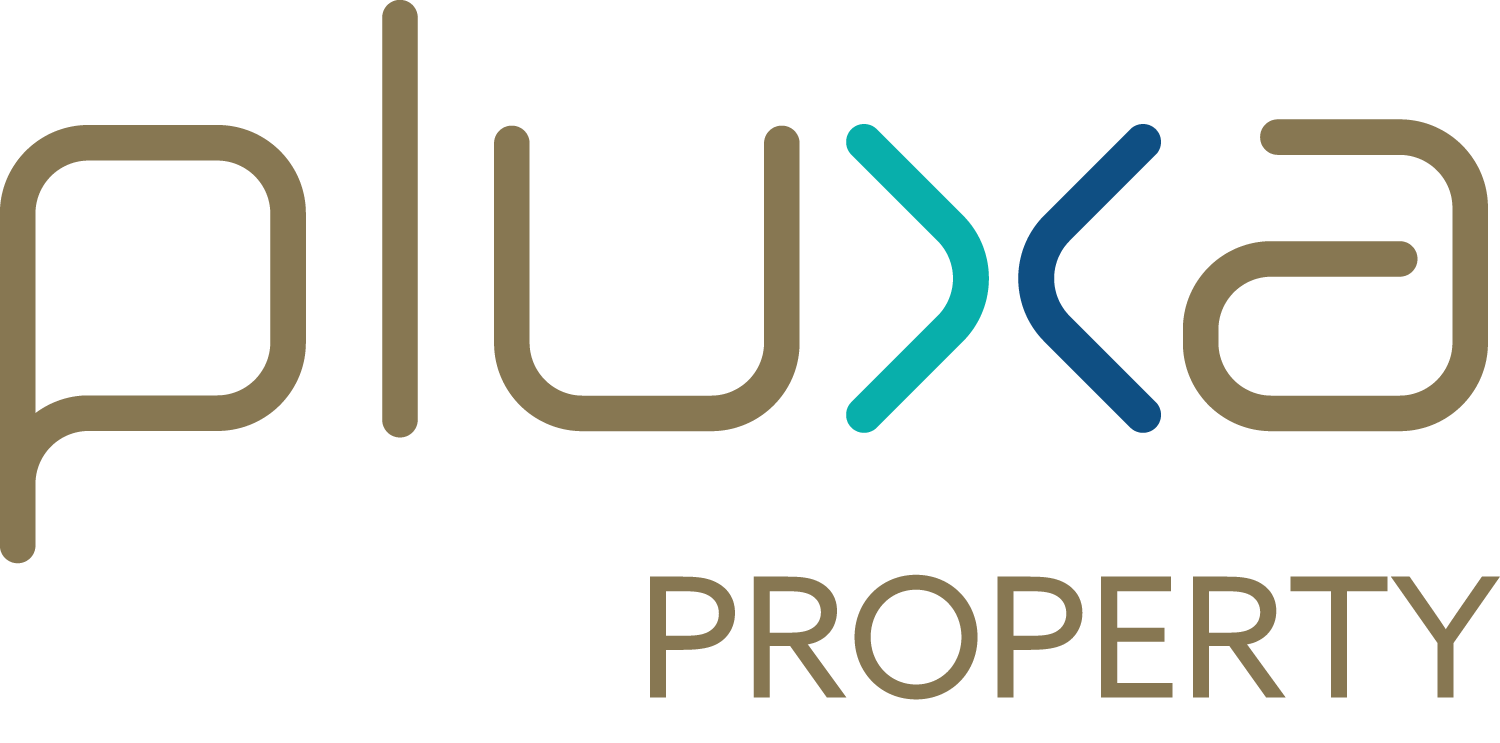Making your first big investment can be a big move. We remember how daunting the sheer amount of knowledge about the procedures and the property market looked from the outside. 5 Things you must know before you make your first Residential Property Investment .
Thankfully, we had some help from seasoned property investors who gave us good advice and prepared us for the worst-case scenario, every step of the way.
Now that we have several investments and learn from our mistakes, we want to share all the things we have learnt about residential property investment in the UK.
Here is our TOP 5 UK Residential Property Investment checklist –
1). Background
It goes without saying that the background checks on the house are the most crucial point of starting the process of scouting. You should keep a lot of things in mind.
For example, Location, crime rate, previous owner and their reason for selling, the value of the property you are interested in and others in the neighbourhood, any restrictions, freehold/leasehold status, to name a few.
Go to plenty of open houses and look at the sale price of the property before the current owner acquired it.
You can never do enough research about a property. Find out real estate trends in the area by talking to some estate agents.
2). All the costs
There are a lot of costs to consider before making a Residential Property Investment . Ones that you need to be prepared for before you can make the purchase.
There are two kinds of costs:
- Upfront- Stamp duty, Deposit, Mortgage costs, Legal costs, Land registry fees, removal costs.
- Ongoing costs- Mortgage payments, maintenance, insurance, leaseholder fees, bills, etc.
Mapping out your income per annum and charting a course to make way for all these payments in a year can reduce the burden of having to plan every month.
3). Funding
There are a couple of ways to go about funding your Residential Property You can borrow a mortgage from a bank. You will have to consider the feasibility of the deposit, interest rates, and monthly repayments in proportion to your income.
Alternatively, the government has schemes like Help To Buy where they provide a step-by-step guide for potential homeowners to ease the burden of the homeowning process.
You can always pay for your property upfront if you have the money for it.
4). Process
The process of buying a Residential Property takes up to 2-3 months or more depending on the number of buyers or sellers waiting for the sale of other properties.
Here’s a quick outline of the entire process:
- Making an offer
- Accepting or renegotiating the offer
- Hiring a Solicitor/Conveyancer
- Finalising the mortgage
- Finalising the offer and exchange of contract
- Payment of all outstanding fees
- Moving into your property
- Insurance
- Council tax
5). Point of contact
It is important to know whom to contact in case of any issues with the property after your purchase. Things differ drastically on a freehold to leasehold basis. It is crucial to know what you are paying for.
The Government’s Lease Advisory Service provides a wide range of advice from a landlord to a tenant if you wish to seek any help.
Once you have in-depth knowledge about the above-mentioned points, you are on the right path to Residential Property Investment in UK.
We wish you all the success on your investment and hope that you too something meaningful from this blog!








 by
by 
